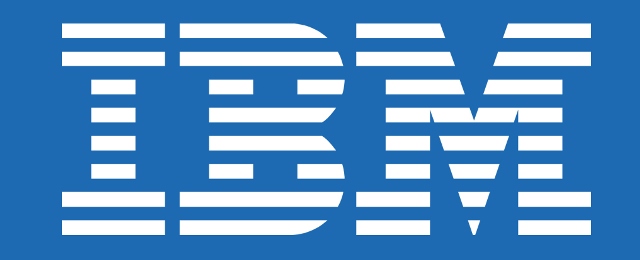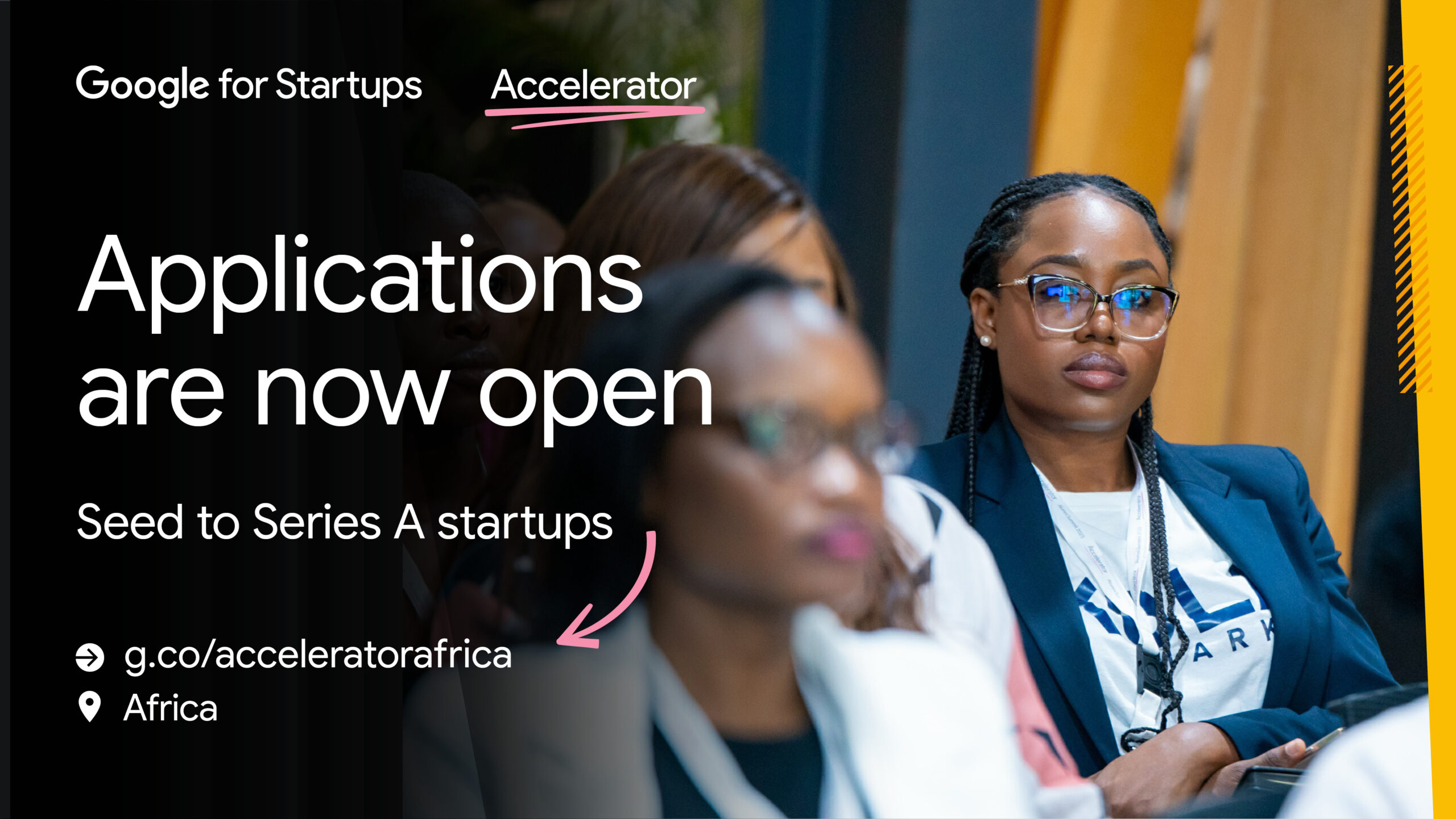Telecom
University of Lagos, U I, others to benefit from IBM’s Quantum Computing Program

IBM has announced the expansion of its quantum computing efforts to Africa in a new collaboration with the University of the Witwatersrand (Wits University) in South Africa.
Wits University is the first African partner on the IBM Q Network and will be the gateway for academics across South Africa and to the 15 universities who are part of the African Research Universities Alliance (ARUA).
“This is the latest outcome of the joint partnership between IBM Research and Wits, which started in 2016 when IBM opened its second lab in Africa in Wits University’s Tshimologong Digital Innovation Precinct in Johannesburg.
“To expand the IBM Q Network to include Wits will drive innovation in frontier-technologies and benefit African-based researchers, academics and students who now have access to decades of quantum computing capabilities at the click of a button,” said Professor Zeblon Vilakazi, Wits Deputy Vice-Chancellor: Research and Postgraduate Affairs.
Quantum computing promises to be able to solve certain problems – such as chemical simulations and types of optimization – that will forever be beyond the practical reach of classical machines.
IBM first made quantum computers available to the public in May 2016 through its IBM Q Experience quantum cloud service and has doubled the power of its quantum computers annually since 2017.
IBM established the IBM Q Network™, a community of Fortune 500 companies, startups, academic institutions and research labs working with IBM to advance quantum computing and explore practical applications for business and science.
Researchers at Wits will investigate the use of quantum computing and machine learning in the fields of cosmology and molecular biology with a specific focus on HIV drug discovery.
The teams will also jointly study quantum teleportation, a field pioneered by IBM Fellow Charles Bennett.
“For Africa to remain competitive for the coming decades we must get the next generation of students quantum ready,” said Dr. Solomon Assefa, Vice President, Emerging Market Solutions and Director, IBM Research – Africa.
As part of the partnership between IBM and Wits, scholars from sixteen ARUA universities including: Addis Ababa University; University of Ghana; University of Nairobi; University of Lagos; University of Ibadan; Obafemi Awolowo University lle-Ife; University of Rwanda; University Cheikh Anta Diop; University of Cape Town; University of Kwa-Zulu Natal; University of Pretoria; Rhodes University; University of Stellenbosch; University of the Witwatersrand; University of Dar es Salaam and Makerere University, will have the opportunity to apply for access to IBM Q’s most-advanced quantum computing systems and software for teaching quantum information science and exploring early applications.
To gain access to the IBM Q quantum cloud service, ARUA scholars will be required to submit quality research proposals to a scientific committee of Wits and IBM experts for approval.
“Having access to IBM Q is pivotal for Wits University’s cross-disciplinary research program and allows our researchers in quantum computing, artificial intelligence, and in the broad natural sciences, including in laser technology, quantum optics and molecular design, to leverage the next level of discovery research. It’s envisioned that the first results from this collaboration will be forthcoming in the next two years,” said Vilakazi.
IBM’s recently unveiled IBM Q System One, is the world’s first integrated universal approximate quantum computing system designed for scientific and commercial use.
IBM’s most advanced universal quantum computing systems available through the IBM Q Experience platform.
More than 10 million experiments have run on the IBM Q Experience and users have published over 160 third-party research papers.
Also, developers can work with Qiskit, a full-stack, open-source quantum software development kit, to create and run quantum computing programs.
To further increase skills development, IBM Q is hosting an invite-only Qiskit Camp in South Africa this December for 200 quantum researchers and computer scientists where they will learn in an immersive environment and receive hands-on training.
For more information about the IBM Q Network, as well as a full list of all partners, members, and hubs, visit https://www.research.ibm.com/ibm-q/network/
The agreement with Wits was signed in April 2019.
Telecom
Salesforce Revolutionizes Business Intelligence with AI-Powered Tableau Next


Organisations today face a data paradox: they need to make fast, intelligent decisions but are overwhelmed by large volumes of often unreliable information. With over 75% of business leaders under pressure to prove data’s value, the demand for trusted, actionable insights has never been greater.
What is agentic analytics
Agentic analytics allows users to collaborate with AI agents to speed up the entire data-to-action process. Instead of relying on static visualizations, analysts can use AI to automate tasks like data preparation and ETL (extract, transform, load processes), freeing them to focus on deeper analysis. Business leaders can ask natural language questions and get instant, reliable answers along with recommended actions. This makes data-driven decision-making easier and more efficient, removing the need for technical expertise and manual effort typical of traditional BI tools.
- Automate repetitive data tasks like data cleaning, transformation, and visualization generation, as well as the execution of complex, multi-step analytical workflows within and across different business areas. This builds on Tableau’s strength in simplifying complex data for users.
- Proactively deliver faster, more comprehensive insights by autonomously detecting hidden correlations, outliers, and trends that might be missed by human observation. This enhances Tableau’s focus on user-driven insights by providing AI guidance.
- Enable more contextual and effective action through natural language summaries, visualisations, and data-driven recommendations, insights delivered where people work with an enterprise-class workflow engine that enables users to kick off automated actions. This extends Tableau’s ability to drive action from data, making it more seamless within the Salesforce ecosystem.
Built on the trusted Salesforce Platform and leveraging the power of Data Cloud, Tableau Next delivers enterprise-grade performance, robust security, and flexible, zero-copy data integration for seamless data connectivity. Tableau Semantics, an intelligent semantic layer, provides a unified understanding of information, ensuring data consistency and accelerating the discovery of critical insights. The built-in workflow engine in Tableau Next seamlessly translates insights directly into actionable steps, dramatically accelerating the time to value. The key differentiator is the native integration with Agentforce, Tableau Next equips humans and AI agents with pre-built analytical skills to rapidly transform data into tangible business value, marking a significant leap forward in data-driven decision-making. It includes:
- Data Pro: Your Intelligent Data Prep Assistant. Instead of users manually cleaning up and changing data using complex steps (like in traditional ETL), Data Pro will give smart suggestions on how to do it and even automatically handle some of the complicated changes, saving time and effort.
- Concierge: Instant Answers in Plain Language. Get immediate, reliable answers to data questions. Sales teams, for example, can simply ask “What are my best sales opportunities?” and receive clear insights with recommended actions.
- Inspector: Proactive Data Monitoring & Insights. Continuously tracks your data for key changes, analyzes trends, and predicts improvements. Service teams can be instantly alerted to drops in customer satisfaction, enabling immediate action.
Ensuring Data Trust and Accuracy:
- Tableau Semantics: Tableau Semantics serves as the semantic layer, providing Tableau Next and Agentforce with a unified understanding of business data. By establishing consistent definitions and context, it enables AI agents to generate accurate and relevant responses.
Boosting Efficiency:
- Marketplace: Allows users to easily share and reuse data analysis components (like data assets, connections, metrics, visualizations, dashboards), saving time and ensuring everyone is working with the same information.
“Tableau Next helps businesses achieve faster, more impactful results with their data,” said Ryan Aytay, CEO of Tableau. “We’re shifting from basic reports to a world where AI is a collaborative decision-making partner. By combining AI agents with trusted data and easy-to-use tools, we’re making data accessible to everyone and transforming the data-to-action process into an automated, proactive, and insight-driven cycle. This empowers users to improve decision-making, boost efficiency, and manage risk more effectively.”
Telecom
Temu and Shein Raise U.S. Prices Amid Trump-Era Tariffs

Chinese-founded e-commerce platforms Temu and Shein have announced upcoming price increases for U.S. customers, citing higher operating expenses due to tariffs imposed during former President Donald Trump’s administration.

These tariffs include a 145% import tax on most goods made in China and the elimination of the “de minimis provision,” which previously allowed goods valued under $800 to enter the U.S. duty-free.
The changes, effective May 2, have disrupted the business models of both companies, known for their ultra-low prices and extensive digital marketing campaigns.
Temu and Shein, which specialize in affordable products ranging from clothing to electronics, have urged customers to shop before the price adjustments take effect.
The companies aim to minimize the impact on consumers while adapting to the new trade rules.
These developments come amid concerns from U.S. lawmakers and business groups about the competitive advantage of inexpensive Chinese goods and the potential entry of counterfeit products through the now-canceled exemption.
Telecom
Google Launches 2025 AI Startups Accelerator Program for African Innovators

Google has opened applications for the 2025 Google for Startups Accelerator Africa program, a three-month initiative designed to support early-stage startups using artificial intelligence to address Africa’s most pressing challenges.

Across the continent, startups are demonstrating how local innovation can solve deeply rooted problems. In West Africa, Crop2Cash – an agritech platform and alumni of the program – is using AI to digitally onboard smallholder farmers, build their financial identities, and provide them with access to credit, traceable payments, and productivity tools.
Through these efforts, Crop2Cash is improving agricultural outcomes and unlocking economic opportunity for farmers who have long been excluded from formal systems—illustrating the kind of impact that’s possible when African startups receive the support they need to scale.
The Accelerator is open to Seed to Series A startups based in Africa that are building AI-first solutions. Startups must have a live product, at least one founder of African descent, and a clear vision for responsible AI innovation. Selected participants will receive:
Dedicated technical mentorship from Google and industry experts
Up to $350,000 in Google Cloud credits
Access to a global network of investors, partners, and collaborators
Workshops focused on technology, product strategy, people leadership, and AI implementation
AI’s potential to accelerate Africa’s development is real, and Google is investing in ensuring that African startups lead that charge. According to McKinsey, AI could add $1.3 trillion to Africa’s economy by 2030, but only if bold innovation is supported at the grassroots.
“Startups are Africa’s problem solvers. With the right resources, they can scale their impact far beyond local communities,” said Folarin Aiyegbusi, Head of Startup Ecosystem, Africa at Google.
“This program reflects our belief that AI can be transformative when shaped by those who understand the context deeply.”
Since 2018, the program has supported 140 startups from 17 African countries. These alumni have raised more than $300 million in funding and created over 3,000 jobs. Many are now regional and global leaders in their categories.
Applications for the 2025 cohort are now open. Startups interested in participating can apply at: https://startup.google.com/programs/accelerator/africa
For further information and updates, visit the Google Africa Blog or follow @GoogleAfrica on social media.

 Telecom2 days ago
Telecom2 days agoBanks, Telcos Mull New Billing Plans for USSD Airtime Payments

 E-Business2 days ago
E-Business2 days agoNIPOST in Intensive Care, Needs Reforms Need to – Kekemeke

 E-Financial2 days ago
E-Financial2 days agoLeadway Partners Firm to Launch Retail Insurance Product for Women

 General News2 days ago
General News2 days agoFG Launches Survey to Encourage Nigerian Digital Firms Spread Across Africa

 News2 days ago
News2 days agoDG NITDA Urges Foreign Investors to Tap into Nigeria’s Digital Future

 Telecom2 days ago
Telecom2 days agoMTN, Digital Encode, Back eBusinesslife Girls In ICT Campaign

 News2 days ago
News2 days agoEFCC Assures CBEX Investors of Fund Recovery Amid Investigation

 E-Financial2 days ago
E-Financial2 days agoSage Grey Finance Partners with Bank of Industry to Empower MSMEs in Nigeria



























